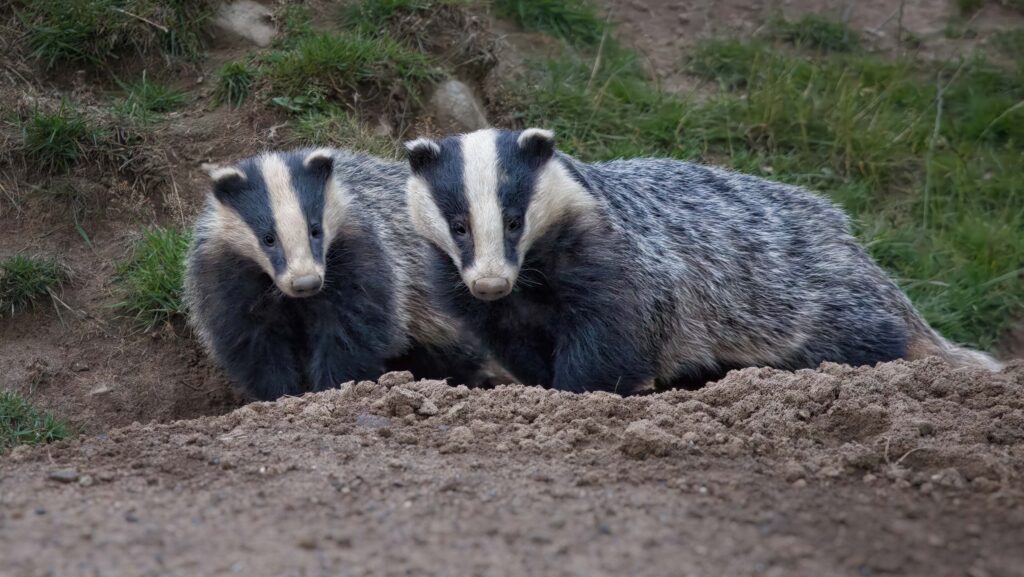Labour drops plans for ‘targeted’ culling of badgers
 © Adobe Stock
© Adobe Stock The government has decided not to proceed with the previous Conservative proposal for “targeted” badger culling, a policy intended to address bovine tuberculosis (TB) in cattle by reducing the badger population.
This decision comes in response to a Judicial Review application filed by ecologist Tom Langton, who, along with other experts, had challenged the scientific basis for culling badgers as a primary means of controlling the spread of TB in cattle.
Specifically, Defra’s consultation on 14 March had proposed a new wave of “targeted” badger culling, also known as “epi-culling”, across England, potentially until 2038, in areas where it could be shown that badgers were responsible for TB outbreaks in cattle.
See also: Brian May – ‘Badgers are irrelevant in cattle TB spread’
Despite this rejection of targeted culling, existing badger culling activities, licensed under the previous government’s policies, will continue.
This includes plans for a new cull area in Cumbria’s Eden Valley under a Low Risk Area (LRA) policy licence.
In addition, Natural England is expected to reauthorise more than 20 intensive culling areas and supplementary culls from before the general election, with up to 20,000 badgers potentially being removed in the coming weeks.
Mr Langton said the Labour government’s decision to abandon plans for targeted culling represented a shift away from a more extensive programme.
But he said ongoing culls and a new cull in the LRA suggest the debate over the practice was far from over.
“Labour has previously stated that culling is ineffective and now the government has scrapped a consultation that claimed culling worked,” he added.
It was “shameful” that Labour was continuing the badger culls and expanding them in the LRA, contradicting its manifesto pledge, he said.
Mr Langton urged the government to adopt new cattle testing regimes to better identify and manage TB risks within herds, arguing that current measures were insufficient and overly bureaucratic.
Opinions split
Wildlife charities including the Badger Trust and the Born Free Foundation continue to argue that badgers play no significant role in the transmission of TB to cattle and that more focus should be placed on managing TB risk within herds and funding for better testing tools.
In contrast, farming organisations including the NFU argue that research has shown that mass culling reduces the disease in cattle. A peer-reviewed scientific analysis of Defra’s badger control policy in England, published in March, revealed a 56% fall in bovine TB rates.
Defra has confirmed its decision not to proceed with proposals to introduce and license targeted culling across England.
Farming minister Daniel Zeichner said: “Bovine tuberculosis has been a tragedy for farmers, vets and conservationists, with thousands of cattle lost to the disease and badgers culled.
“Tackling this disease is my number one priority. I am clear that we will beat bovine TB and end the cull, as we committed to doing in our manifesto.
“I will be working at pace and in partnership with farmers, vets, conservationists and scientists to bring step change to build an ambitious eradication package that stamps out this awful disease, and protects both livelihoods and wildlife.”
